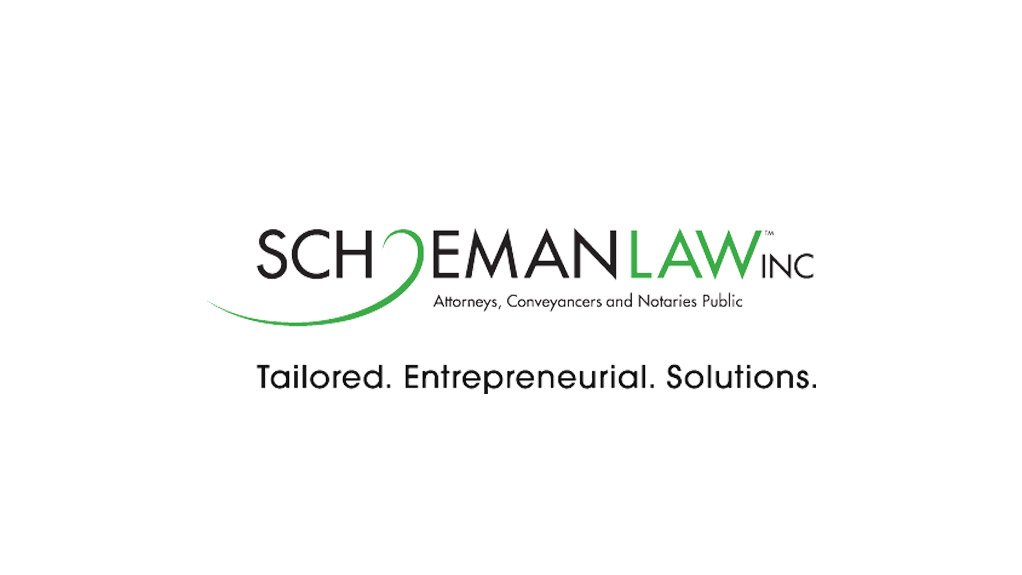Artificial intelligence is rapidly reshaping legal practice worldwide, and South Africa is no exception. From AI-assisted legal research to automated drafting and predictive analytics, these tools offer unprecedented efficiency, cost savings, and enhanced access to justice. Yet alongside these opportunities lie serious risks. Unverified AI outputs can introduce factual errors, misrepresent case law, breach client confidentiality, and even undermine professional judgment.
Recent South African cases underscore both the promise and the peril of AI in legal practice. In Makunga v Barlequins Beleggings (Pty) Ltd t/a Indigo Spur (WCC) [2023] ZAWCHC 332, a self-represented litigant used AI tools to draft heads of argument. The presiding judge commended the quality of these submissions, noting that some experienced advocates had produced inferior arguments. This case illustrates how AI can enhance access to justice, particularly for individuals without formal legal representation.
Conversely, the Johannesburg Regional Court in Parker v Forsyth NNO and Others [2023] ZAGPRD 1 highlighted the risks of uncritical reliance on AI. The court reprimanded attorneys who submitted fabricated legal authorities generated by ChatGPT, emphasising that practitioners must independently verify all sources. It is becoming increasingly clear that, while AI can be a powerful tool, it cannot substitute professional diligence and ethical responsibility.
Integrity and Diligence in AI-Assisted Practice
A foundational principle of the proposed ethics guidelines for Legal Practitioners in South Africa on the use of generative AI is that lawyers remain fully responsible for all work produced, even when assisted by AI. Generative AI tools may hallucinate, fabricate case law, misinterpret statutes, or misapply legal principles. Practitioners must therefore treat AI as an assistant rather than an authoritative source, rigorously verifying every output for accuracy. The Parker and Mavundla judgments underline the necessity of this oversight, reinforcing that errors stemming from AI cannot excuse professional negligence.
The guidelines emphasise that AI should not replace independent legal analysis. Tasks such as summarising documents, proofreading, or transcribing interviews are appropriate applications, but substantive legal reasoning, advice, or argumentation requires careful human assessment. Courts expect lawyers to exercise independent judgment, ensuring that AI enhances rather than compromises the quality of legal services.
Client Benefit and Professional Responsibility
AI should ultimately serve the client. Efficiency gains from AI-assisted work, such as faster document review and reduced drafting time, may lower costs. Ethical practice dictates that such benefits should be passed to clients rather than being used solely to increase firm profitability. While disclosure of AI use to clients is debated internationally, South African guidance suggests that responsibility for accuracy is paramount: disclosing AI use without ensuring reliability could create a false sense of diminished accountability.
Confidentiality is equally critical. Many AI platforms operate on cloud-based systems that process and store user inputs. Legal practitioners must safeguard client information, either by using secure, locally hosted AI tools or anonymising sensitive data before uploading. Compliance with the Protection of Personal Information Act 4 of 2013 (POPIA) is essential to ensure that AI use does not compromise client privacy.
Bias and Contextual Limitations
Generative AI systems are often trained on foreign datasets, favouring European or North American legal frameworks. As Daniel van der Merwe notes in A Local, Continental (African) and International Overview of the Law as it Relates (or Tries to Relate) to Artificial Intelligence (AI) (2024, this may result in outputs misaligned with South African law. Practitioners must critically evaluate AI-generated content for local relevance and bias, ensuring that advice and submissions comply with domestic jurisprudence and constitutional principles.
Cybersecurity and Risk Management
AI use introduces cybersecurity risks, including prompt injections, data corruption, and unauthorised access. Legal practitioners should implement robust measures to protect sensitive data, staying informed of emerging threats. Internationally, jurisdictions such as Singapore have mandated rigorous AI security assessments before legal deployment. South African firms would be well advised to adopt similar proactive protocols.
Continuous Professional Learning
AI technologies evolve rapidly, necessitating ongoing professional development. Practitioners should engage in continuous training on AI ethics, prompt design, error detection, and verification techniques. Law schools, including the University of KwaZulu-Natal, are integrating AI-focused lectures to instil habits of responsible use among students, preparing future lawyers for the realities of AI-assisted practice.
Conclusion
Artificial intelligence offers transformative potential for South African legal practice, improving efficiency, access to justice, and cost-effectiveness. Yet its adoption must be tempered by rigorous professional oversight, ethical responsibility, and critical evaluation. Cases such as Makunga, Parker, and Mavundla demonstrate that courts value AI as a tool but will not excuse negligence or the unverified use of AI-generated content.
South African legal practitioners are at a pivotal moment: by embracing AI responsibly and ethically, they can leverage its advantages while upholding the integrity, accountability, and professionalism that are the hallmarks of the legal profession. AI should enhance human judgment, not replace it, ensuring that innovation supports justice rather than undermining it.
SchoemanLaw Inc. advises on the ethical and responsible integration of AI within your business, ensuring compliance with data protection, cybersecurity, and emerging technology regulations. Contact our Technology Law team for expert guidance on implementing AI solutions that enhance efficiency while safeguarding your organisation’s integrity and legal compliance.
Written by Kerri Stewart, Attorney, SchoemanLaw Inc
EMAIL THIS ARTICLE SAVE THIS ARTICLE ARTICLE ENQUIRY FEEDBACK
To subscribe email subscriptions@creamermedia.co.za or click here
To advertise email advertising@creamermedia.co.za or click here











